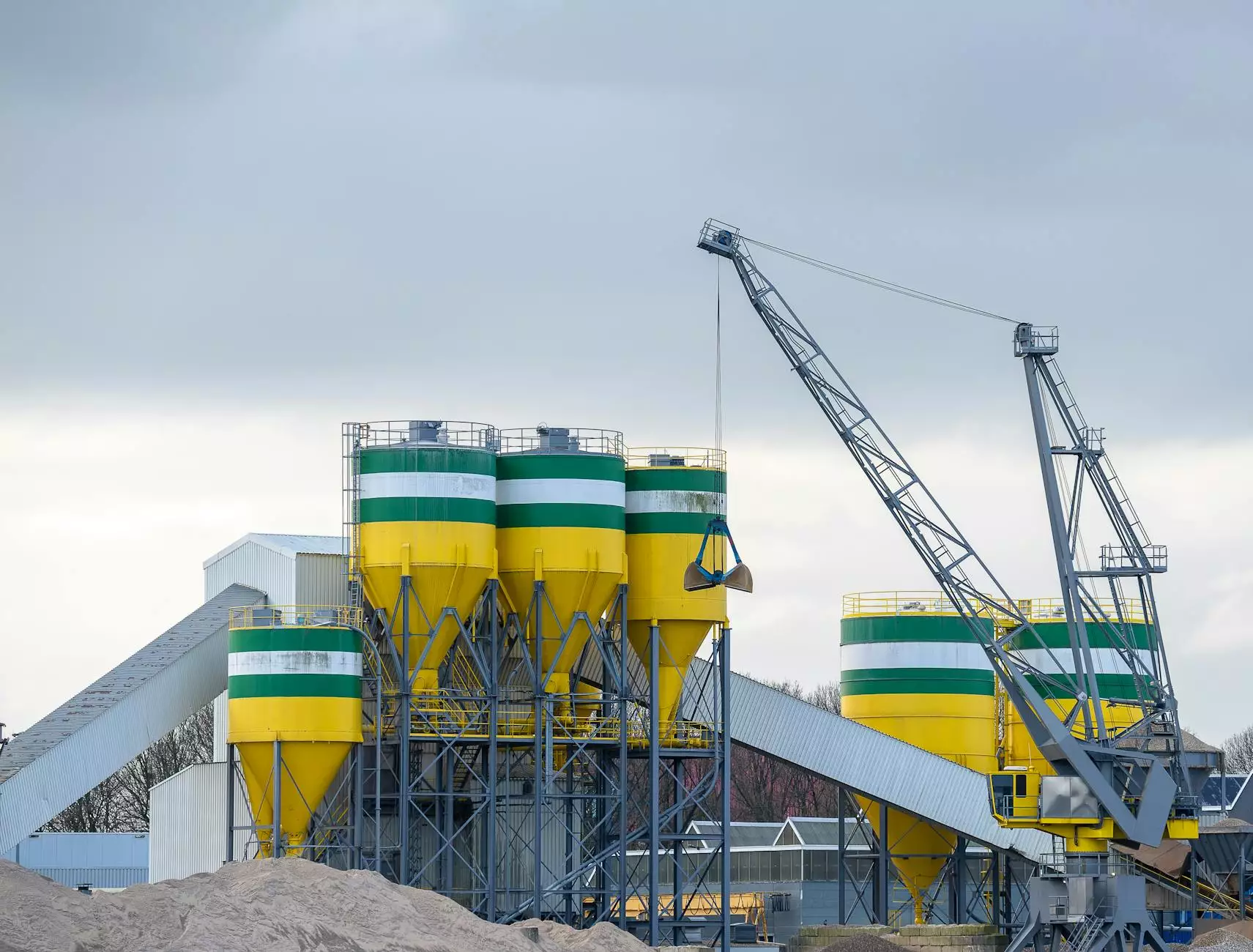Understanding Information Silos Problems in the Farming Equipment Sector

In today's fast-paced business landscape, efficient communication and streamlined operations are more critical than ever. However, many organizations, especially in the farming equipment sector, encounter significant challenges due to what are known as information silos problems. These silos can hinder productivity, stunt growth, and reduce overall operational efficiency. In this article, we will explore the nuances of information silos, their consequences, particularly within the context of businesses like tsgcinc.com, and strategies to overcome these barriers.
What are Information Silos?
Information silos refer to the localized storage of information that is not easily accessible or shared across different departments or sectors within an organization. This phenomenon can be particularly prevalent in industries that rely on various specialized teams, such as farming equipment repair and sales.
Characteristics of Information Silos
- Limited Access: Information is confined within a specific department or team, preventing others from benefiting from valuable insights.
- Communication Barriers: Teams may operate independently without hitting on common goals, resulting in miscommunication and misunderstanding.
- Resource Duplication: Different departments may unknowingly duplicate efforts due to a lack of visibility of what other teams are doing.
- Increased Time Consumption: Employees waste time searching for information or waiting for responses from other teams.
Impacts of Information Silos on the Farming Equipment Industry
The farming equipment industry faces unique challenges that can be exacerbated by information silos problems. Here’s a detailed look at how these issues manifest:
1. Decreased Productivity
In the farming equipment repair industry, quick response times are crucial. When teams cannot access information promptly due to silos, productivity decreases. For example, if the repair team needs data about a specific machine's service history but must navigate multiple departments to retrieve it, vital time may be lost, impacting service delivery.
2. Inefficient Use of Resources
Information silos can lead organizations to allocate resources inefficiently. For instance, sales teams relying on outdated or incomplete data may overstock certain parts without realizing that repair teams have surplus inventory. Such misalignment can burden working capital and disrupt operations.
3. Poor Customer Service
In the farming equipment sector, the ability to respond to customer inquiries effectively significantly impacts satisfaction. If sales and support teams cannot collaborate effectively due to information silos, customers may receive inconsistent or inaccurate information, leading to frustration and loss of trust.
4. Hindered Innovation
Innovation often requires collaboration. When teams function within silos, creativity is stifled, and the company may miss out on innovative solutions that could enhance efficiency and develop new products or services that meet market demands.
Identifying Information Silos in Your Business
Recognizing the existence of information silos within your organization is the first step towards addressing the problem. Here are some signs that your business may be struggling with this issue:
- Inconsistent Information: Different departments provide conflicting data or insights.
- Slow Decision-Making: Decisions require input from multiple teams, leading to delays.
- Frustrated Employees: Staff express dissatisfaction with communication and collaboration processes.
- Missed Opportunities: Important project updates or strategic insights are overlooked because they are confined within a specific silo.
Strategies to Break Down Information Silos
Now that we understand the significance of information silos and their impact on the farming equipment sector, let’s explore effective strategies to eliminate these barriers:
1. Foster Open Communication
Encouraging a culture of open communication can significantly help in breaking down silos. Regular meetings, departments cross-training, and shared team goals contribute to a more cohesive understanding across departments. Establishing channels such as internal chat platforms or forums allows employees to share information freely.
2. Implement Integrated Technology Solutions
Investing in integrated software solutions can help unify information and improve accessibility. For instance, implementing an Enterprise Resource Planning (ERP) system tailored for the farming equipment industry can facilitate better data sharing and streamline operations. This technology allows different departments to collaborate effectively and access real-time data.
3. Create Cross-Functional Teams
Cross-functional teams comprising members from various departments can encourage collaboration and enhance problem-solving capabilities. These teams can be tasked with specific projects, allowing diverse perspectives to address issues that may otherwise remain unrecognized due to silo mentality.
4. Establish Clear Goals and Metrics
Setting clear organizational goals that transcend departmental boundaries ensures that all teams work towards the same objectives. Metrics that encourage collaboration and reward cooperative behavior can reinforce this alignment. Regularly review these goals and assess progress collectively to maintain focus.
5. Encourage Knowledge Sharing
To foster a culture of knowledge sharing, organizations should implement platforms for documentation and sharing best practices. Internal wikis or knowledge bases allow employees to share insights, troubleshooting guides, and successful strategies that can benefit the entire organization.
Measuring the Success of Overcoming Information Silos
After implementing strategies to tackle information silos, it is crucial to measure their effectiveness. Here are some indicators of success:
- Improved Collaboration: Increased interactions between departments and a more participative decision-making process.
- Enhanced Productivity: Measurable improvements in response times and project completions.
- Higher Employee Satisfaction: Positive feedback about communication practices and teamwork within the organization.
- Better Customer Relationships: Improved customer feedback and a reduction in service complaints.
Conclusion
Overcoming information silos problems in the farming equipment sector is not only essential but achievable with the right strategies and culture. By fostering open communication, harnessing technology, and encouraging collaboration, businesses like tsgcinc.com can enhance their efficiency and significantly improve their service delivery. Ultimately, addressing these silos is not just about improving internal operations but also about creating a more dynamic, innovative, and customer-centric organization, ready to meet the challenges of the modern market.









